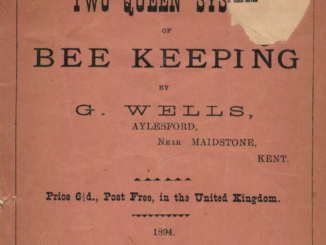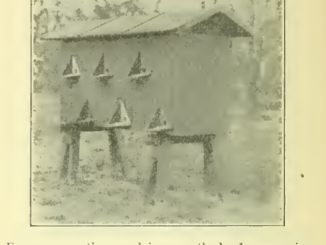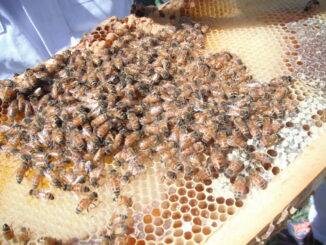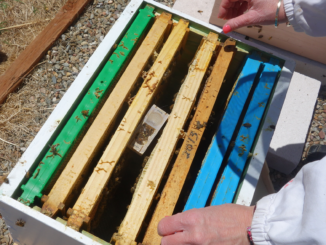
Bee Buzz Box November 2021 Stringy Hughston’s Coffin Hives
Alan Wade, Des Cannon and Dave Flanagan In an unlikely tale of rivers of honey, we recently stumbled across two extraordinary beekeepers. One of them turned out to be Dave Flanagan, now a helpful author. […]





